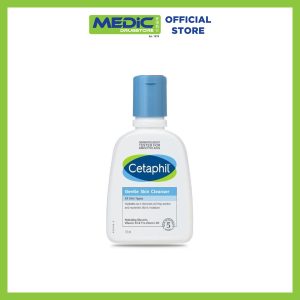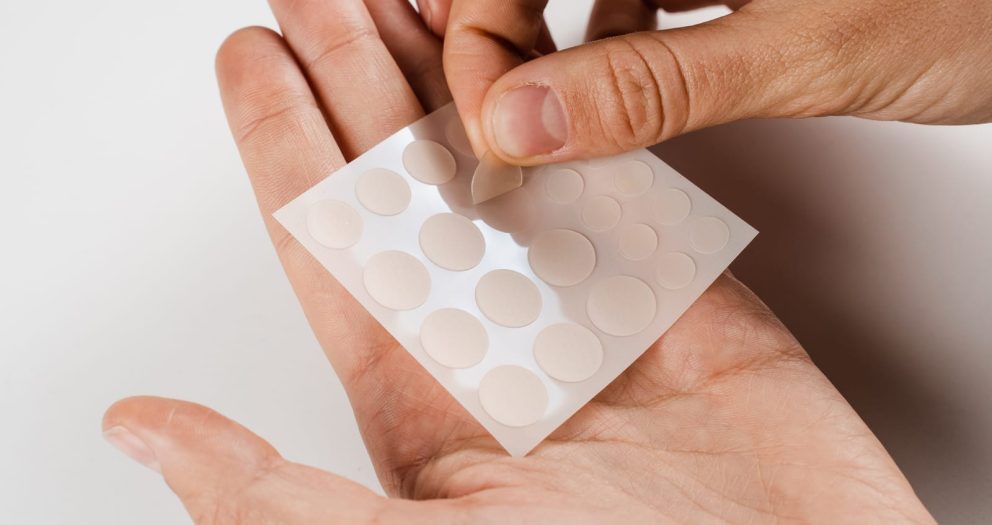“Is warm or cold water better for washing your face?” It’s a question that has puzzled many of us. We all know that washing our face is essential for healthy and radiant skin, but what is the right water temperature to use? Some people swear by the benefits of washing their face with warm water, while others insist that cold water is the way to go. So, which one is better?
While lukewarm water is often recommended for washing your face, it’s worth noting that cold water has its own set of benefits as well.
In this article, we’ll explore the benefits of both warm and cold water and help you decide which one is the best for your skin type. So, get ready to uncover the truth about this age-old question and find out once and for all whether warm or cold water is the better choice for washing your face.
The benefits of washing your face with warm water
Washing your face with warm water can have several benefits for your skin.
Firstly, warm water can help to open up your pores. This makes it easier to remove oil, dirt, and impurities that may have accumulated on your skin throughout the day. By unclogging your pores, you can reduce the risk of developing acne and other skin issues.
Secondly, warm water can enhance blood flow to your skin. This increased blood flow can help to nourish your skin with essential nutrients and oxygen, which can promote healthy skin growth and rejuvenation.
Thirdly, warm water can help to remove excess oil from your skin. By softening the oil and making it easier to wipe away, warm water can help to control oil production, reduce shine, and prevent clogged pores.
Lastly, washing your face with warm water can be a soothing and relaxing experience. The warmth can help to calm and de-stress your skin, which can be especially beneficial if you have sensitive or irritated skin.
Overall, washing your face with warm water can help to keep your skin clean, healthy, and glowing. However, it’s important to avoid using water that is too hot, as this can damage your skin and cause dryness or irritation.
The benefits of washing your face with cold water
Washing your face with cold water can actually be pretty beneficial for your skin, despite the initial shock to the system. Here are a few reasons why:
Firstly, cold water can help to tighten and firm up your skin. When you splash your face with cold water, your pores constrict, which can help to give your skin a smoother and more youthful appearance.
Secondly, cold water can help to reduce inflammation and redness. If you’re dealing with any kind of skin irritation, like a rash or sunburn, washing your face with cold water can help to soothe the affected area and bring down the inflammation.
Thirdly, cold water can be refreshing and energizing. If you’re feeling groggy or sluggish in the morning, a splash of cold water can help to wake you up and get your blood flowing.
Lastly, cold water can help to seal in moisture and prevent dehydration. Hot water can actually strip your skin of its natural oils, leaving it feeling dry and tight. Cold water, on the other hand, can help to keep your skin hydrated and healthy.
So, the next time you’re debating between warm and cold water for your face wash, don’t be afraid to give the cold stuff a try. Just be sure to avoid water that is too cold, as this can actually shock your skin and cause damage.[Source]
How to wash your face with warm water
Washing your face with warm water is a simple process that can help to keep your skin clean, healthy, and glowing. Here’s how to do it:
- Start by wetting your face with warm water. Make sure the temperature is comfortable and not too hot, as this can damage your skin.
- Apply your favorite cleanser to your skin. Use gentle, circular motions to work the cleanser into your skin, paying special attention to any areas that tend to be oily or prone to breakouts.
- Rinse your face thoroughly with warm water. Be sure to remove all traces of cleanser, as leaving any residue behind can clog your pores and lead to breakouts.
- Pat your face dry with a clean towel. Avoid rubbing your skin, as this can cause irritation and lead to wrinkles over time.
- Follow up with your favorite moisturizer to keep your skin hydrated and healthy.
It’s important to note that while washing your face with warm water can be beneficial, it’s not necessary to do so every time you wash your face.
In fact, some people find that using lukewarm or cool water is more comfortable and effective for their skin. Ultimately, the temperature of the water you use to wash your face should be based on your own preferences and what works best for your skin type.
How to wash your face with cold water
Washing your face with cold water is another simple and refreshing way to keep your skin healthy and clean. Here’s how to do it:
- Start by splashing your face with cold water. You can also use a clean washcloth soaked in cold water, if you prefer.
- Gently massage your skin with your fingertips for about 30 seconds, using circular motions. This can help to remove any dirt, oil, or impurities that may have accumulated on your skin.
- Rinse your face thoroughly with cold water. Be sure to remove all traces of cleanser or soap, if you used any.
- Pat your face dry with a clean towel. Again, avoid rubbing your skin, as this can cause irritation and lead to wrinkles over time.
- Follow up with a lightweight moisturizer to keep your skin hydrated and healthy.
Keep in mind that washing your face with cold water can be uncomfortable at first, especially if you’re used to using warm or hot water. However, your skin will eventually adjust to the cooler temperature, and you may find that it feels refreshing and invigorating.
As with warm water, it’s important to choose a temperature that is comfortable for you and avoid extremes that can damage your skin.
Additional tips for washing your face
In addition to using warm or cold water to wash your face, there are several other tips and techniques that can help to keep your skin looking and feeling its best. Here are a few to keep in mind:
- Choose the right cleanser for your skin type. If you have oily or acne-prone skin, look for a gentle cleanser that is designed to remove excess oil and impurities. If you have dry or sensitive skin, opt for a more moisturizing cleanser that won’t strip your skin of its natural oils.
- Use a soft washcloth or cleansing brush to exfoliate your skin. This can help to remove dead skin cells and promote cell turnover, leaving your skin looking brighter and smoother.
- Don’t scrub too hard. It’s important to be gentle when washing your face, as scrubbing too hard can damage your skin and lead to irritation and inflammation.
- Avoid using hot water. While warm water can be beneficial for your skin, water that is too hot can strip your skin of its natural oils and cause damage.
- Don’t forget to rinse thoroughly. Be sure to rinse your face thoroughly after washing, as leaving any residue behind can clog your pores and lead to breakouts.
- Pat your face dry with a clean towel. Avoid rubbing your skin, as this can cause irritation and lead to wrinkles over time.
- Follow up with a moisturizer. Applying a lightweight, non-comedogenic moisturizer can help to keep your skin hydrated and healthy.
Remember, everyone’s skin is different, so what works for one person may not work for another. It’s important to listen to your skin and adjust your skincare routine as needed to keep your skin healthy, balanced, and beautiful.







